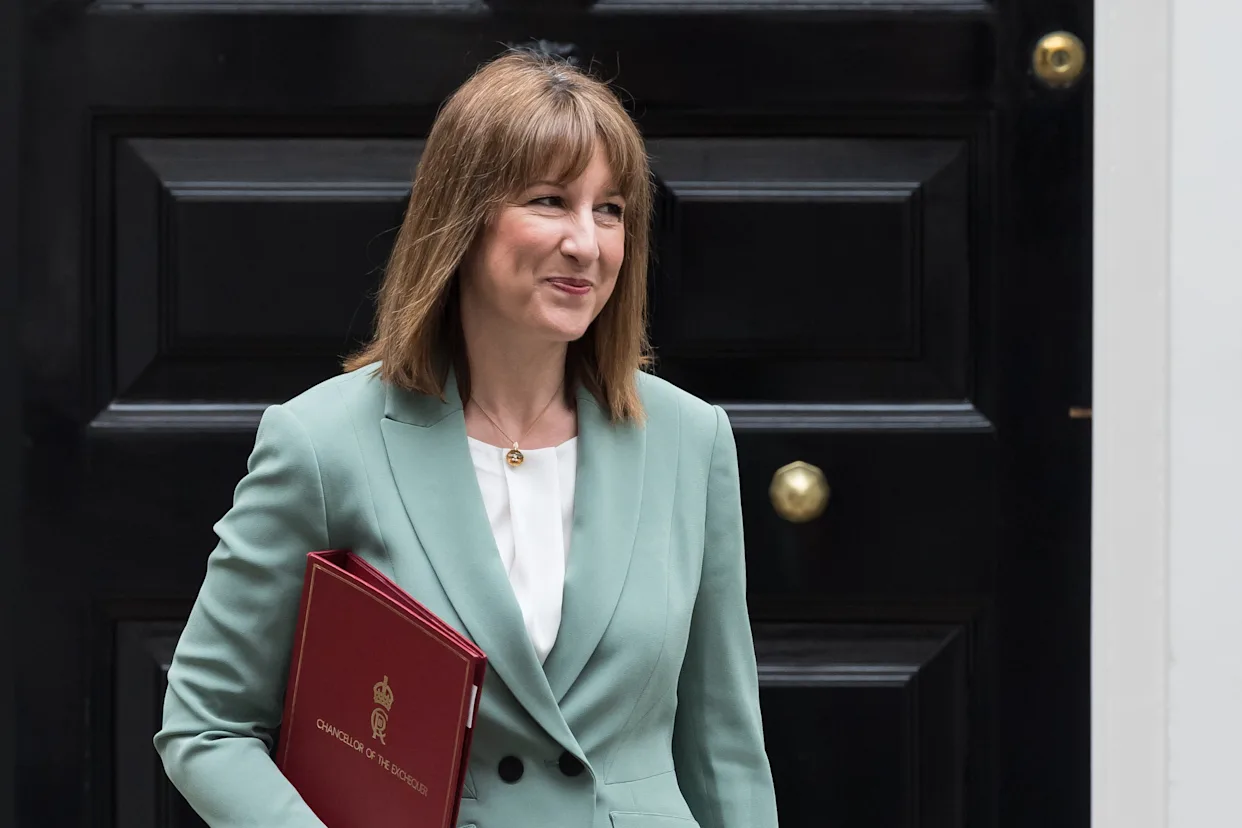In a decisive move to enforce fiscal discipline, Chancellor Rachel Reeves has announced restrictions on government departments' access to the £9 billion Treasury Reserve.
This fund, designated for "genuinely unforeseen, unaffordable, and unavoidable pressures," has recently been utilized for higher public sector pay and compensation payouts. Reeves' directive mandates that departments must demonstrate they have maximized savings before requesting additional funds from the Reserve according to The Times.
Aiming to Balance the Budget
BBC News reports that with the upcoming Budget scheduled for November 26, Reeves faces mounting pressure to boost economic growth while balancing public finances. The restriction on emergency funds is part of a broader strategy to reduce government borrowing and maintain spending within the limits set during the June Spending Review. Reeves emphasized that any funds borrowed from the Reserve would need to be repaid, underscoring the government's commitment to fiscal responsibility.

Chancellor Rachel Reeves prepares to deliver the upcoming Budget, emphasizing fiscal discipline and careful management of the Treasury Reserve.
Business Community Voices Concerns
The Chancellor's approach has elicited responses from business leaders. Rain Newton-Smith, head of the Confederation of British Industry, urged the government to commit to tax reform rather than merely increasing taxes. She highlighted the necessity for long-term strategic tax reforms to support businesses facing ongoing cost pressures according to The Guardian.
Reeves' Fiscal Rules and Economic Outlook
Reeves has established two non-negotiable fiscal rules: ensuring that day-to-day government costs are covered by tax income rather than borrowing by 2029-30, and achieving a reduction in debt as a share of national income by the end of this parliament in 2029-30. These rules aim to guide the government's economic policies and fiscal decisions in the coming years.

The Chancellor’s focus on fiscal discipline is symbolized by this pile of cash, highlighting efforts to control spending and reduce borrowing.
FAQs (People Also Ask)
Why is Chancellor Rachel Reeves restricting access to the Treasury Reserve?
Reeves is implementing these restrictions to enforce fiscal discipline, reduce government borrowing, and ensure that departments have maximized savings before accessing emergency funds.
What is the Treasury Reserve used for?
The Treasury Reserve is designated for unforeseen, unaffordable, and unavoidable pressures, such as unexpected public sector pay increases and compensation payouts.
How does this move impact the upcoming Budget?
The restriction aims to keep departmental spending within the limits set during the June Spending Review, assisting in balancing the Budget scheduled for November 26.
What are the government's fiscal rules?
The government aims to cover day-to-day costs with tax income rather than borrowing by 2029-30 and to reduce debt as a share of national income by the end of this parliament in 2029-30.

Rachel Reeves heads to a cabinet meeting to discuss Budget preparations and strategies for controlling public spending.
Final Thoughts - A Poor Economic Outlook
Chancellor Rachel Reeves' decision to limit access to the Treasury Reserve reflects a commitment to fiscal discipline and economic stability. With the economy showing signs of weakness and growth under pressure, these measures underscore the importance of balancing public spending with long-term economic goals as the government prepares for the upcoming Budget.














